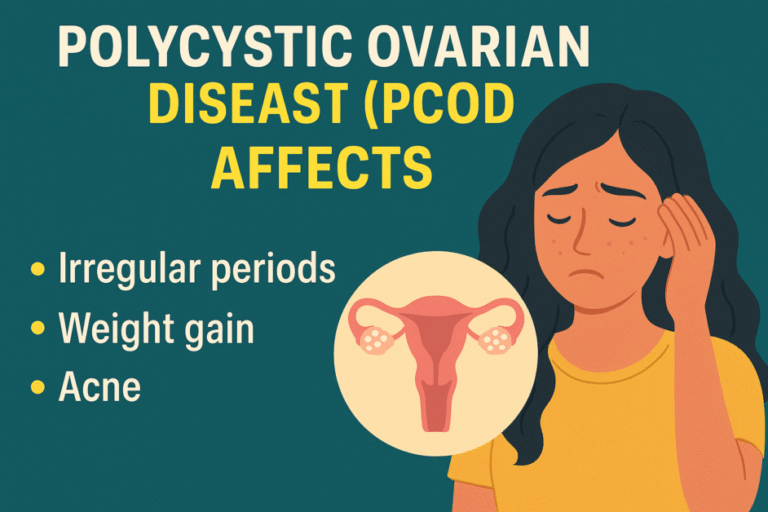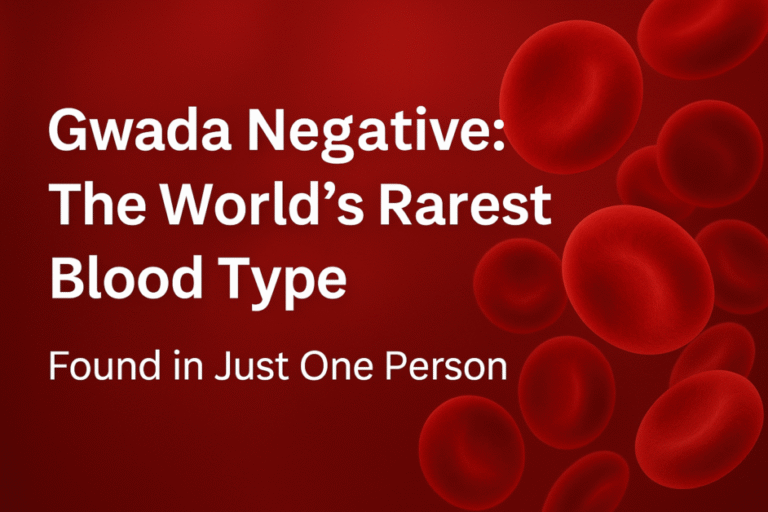
1. Introduction-
In an age where health and wellness are at the forefront of many people’s minds, the concept of diet has taken on significant importance. A diet is not just a tool for weight management; it plays a critical role in overall health, disease prevention, and well-being. This comprehensive guide aims to explore the various aspects of diet, from its fundamental components to special dietary needs, popular trends, and practical tips for maintaining a healthy lifestyle.
2. Understanding Diet-
A diet refers to the total intake of food and beverages by an individual. It encompasses the types, quantities, and frequency of consumption. While the term “diet” often implies weight loss regimes, it fundamentally refers to any habitual eating pattern.
Types of Diets-

Balanced Diet: A diet that includes all food groups in the right proportions, ensuring that the body gets the nutrients it needs for optimal functioning.
Mediterranean Diet: Rich in fruits, vegetables, whole grains, nuts, and olive oil, this diet is associated with heart health.
Keto Diet: A low-carb, high-fat diet that promotes ketosis, a metabolic state where the body uses fat for energy.
Vegetarian and Vegan Diets: These diets exclude meat and animal products, focusing on plant-based foods.
https://themusclebeast.in/vitamin-c-vs-vitamin-d-which-one-boosts-your-immune-system-better/
3. Nutritional Components of a Diet-
- Macronutrients
- Micronutrients
- Water and Hydration
- Fiber and Its Importance
4. Dietary Guidelines and Recommendations-
Recommended Daily Intake (RDI)
RDI values guide the amount of nutrients needed to meet the needs of most healthy people.
These guidelines help individuals make informed dietary choices.
Food Pyramid/My Plate
The Food Pyramid and My Plate are visual tools that guide healthy eating habits. They emphasize the importance of variety, balance, and moderation in food choices.
Portion Control and Serving Sizes
Understanding portion sizes is crucial for maintaining a healthy diet. It helps prevent overeating and ensures that nutrient intake is balanced.
5. Special Dietary Considerations-
Diet for Different Life Stages
Children: Nutrient-rich diets are crucial for growth and development. Emphasis on calcium and iron is important.
Adults: Balanced diets that maintain energy levels and prevent chronic diseases are key.
Elderly: Focus on nutrient-dense foods that support bone health, digestion, and cognitive function.
Diet and Chronic Diseases
Certain diets can help manage or prevent chronic diseases like diabetes, hypertension, and cardiovascular diseases.
For instance, a low-sodium diet can help control blood pressure.
Plant-Based Diets vs. Animal-Based Diets
Plant-based diets have been linked to lower risks of chronic diseases, while animal-based diets can provide high-quality protein.
A balanced approach can be beneficial.
Allergen-Free Diets
For those with food allergies or intolerances, such as gluten or lactose intolerance, special diets are necessary to avoid adverse reactions.
6. Popular Diet Trends and Their Impacts-
Low-Carb Diets
Low-carb diets, like the Atkins and Paleo diets, focus on reducing carbohydrate intake, which can lead to weight loss and improved blood sugar control.
High-Protein Diets
These diets emphasize protein intake to build muscle and maintain satiety. They are popular among athletes and those looking to lose weight.
Intermittent Fasting
Intermittent fasting involves alternating periods of eating and fasting. It is said to improve metabolism, promote weight loss, and enhance mental clarity.
Detox Diets
Detox diets claim to cleanse the body of toxins through restricted eating or consuming specific foods. While popular, their efficacy and safety are often debated.
7. Diet Myths and Misconceptions-
Common Myths
“Carbs are bad”: Not all carbohydrates are harmful; whole grains and fruits are excellent sources of nutrients.
“Fat-free is healthier”: Many fat-free products are high in sugar and other additives.
“Skipping meals helps lose weight”: Skipping meals can lead to overeating later and disrupt metabolism.
Debunking Misinformation
It’s essential to rely on scientific evidence rather than trends or anecdotal advice when it comes to diet and nutrition.
8. Creating a Sustainable Diet Plan-
Setting Realistic Goals
Setting achievable and specific goals can help maintain motivation and track progress in a healthy diet journey.
Personalized Diet Plans
Diet plans should be tailored to individual needs, considering factors like age, gender, health status, and activity level.
Importance of Flexibility and Moderation
A flexible approach allows for occasional indulgences, preventing feelings of deprivation and promoting long-term adherence.
9. Practical Tips for Maintaining a Healthy Diet-
Meal Planning and Preparation
Planning meals in advance helps ensure balanced nutrition and can save time and money.
Mindful Eating
Paying attention to hunger cues and savoring food can improve digestion and satisfaction, preventing overeating.
Reading Food Labels
Understanding food labels helps make informed choices, particularly regarding sugar, sodium, and fat content.
Dealing with Cravings and Emotional Eating
Identifying triggers and finding alternative coping mechanisms can help manage cravings and prevent emotional eating.
10. Conclusion-
A well-balanced diet is fundamental to health and well-being. By understanding the components of a healthy diet, making informed choices, and being mindful of special dietary needs, individuals can significantly improve their quality of life. The key is to focus on balance, moderation, and sustainability, ensuring that dietary habits contribute positively to long-term health.




